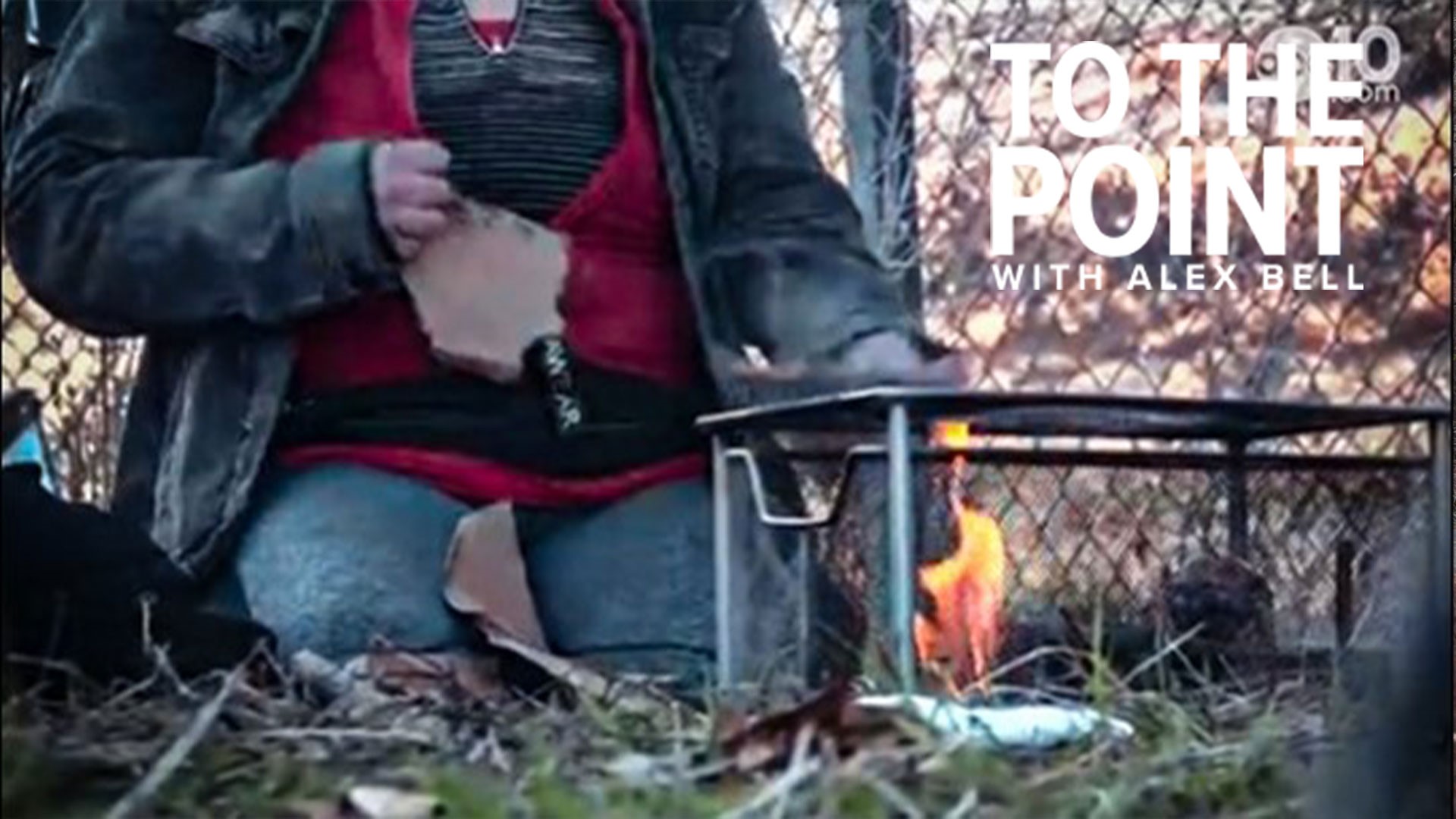SACRAMENTO, Calif. — Does arresting or fining an unhoused person for camping on public property amount to “cruel and unusual punishment?” That was the question before U.S. Supreme Court justices Monday morning.
Their decision, expected in June, could have a major impact on how California can address its homelessness crisis.
Currently, a pair of decisions by the Ninth Circuit Court of Appeals bans local and state governments within its jurisdiction — including California — from arresting or fining unhoused people for camping and sleeping on public property.
Starting with the 2018 Martin v. Boise decision and expanding it with the 2022 Grants Pass v. Johnson decision, the appellate court has said it is unconstitutional for a city, county or state to fine or criminally charge someone for camping in a public space when they have nowhere else to go, saying it violates the Eighth Amendment ban of cruel and unusual punishment.
Critics of the recent precedent include Gov. Gavin Newsom, who says the Grants Pass and Boise decisions tie the hands of local and state leaders when it comes to addressing homelessness.
“The impediments under Grants Pass and the courts have imposed — it's a real issue,” he said. “Our best efforts are being blocked because of sweeping injunctions that delay progress and fail to provide any consistent guidance for local authorities to abide by.”
He and Sacramento County District Attorney Thien Ho, who attended Monday’s Supreme Court hearing, are among the people and groups asking the Supreme Court to reverse the appellate court’s ruling. Ho said it “has worsen(ed) our unhoused crisis.”
Sacramento Mayor Darrell Steinberg called on X for a nuanced solution — saying, in part, “Government should have a legal responsibility to offer people the dignified shelter, housing, and services they need. The unsheltered should then have a legal responsibility to accept that help… I urge the Court to strike the right balance.”
In oral arguments Monday morning, justices asked attorneys about the scope of what reversing the decision could mean.
"Where do we put them if every city, every village, every town, lacks compassion and passes a law identical to this?" Justice Sonia Sotomayor asked.
Meanwhile, in more than a dozen cities all across the country, advocates for the unhoused rallied to call for justice to uphold the existing protections.
“Housekeys not handcuffs!” chanted a group of advocates, who gathered outside the federal courthouse in Sacramento Monday afternoon.
Jaykatt, who also goes by Liz, is an unhoused person currently living in Natomas.
“It’s a vicious cycle,” Jaykatt said. “It’s hard when you become homeless to try to get back on your feet, because when you try to go apply for places or apply for a job or apply for anything, when they be like, ‘OK, so where do you live?’ [and you say] ‘I don’t have a place,’ you instantly get turned down. You instantly get a weird look upon you. You become nothing to them.”
Advocates say punishing people for sleeping outside amounts to criminalizing the status of being homeless.
“You can’t jail and arrest people, disappear people, erase people because they have no money,” said Zuri K. Colbert, with Community Lead Advocacy Program (CLAP) of Sacramento.
Crystal Sanchez spoke at the Sacramento rally. She is Western Regional Director for the National Union of the Homeless and President of the Sacramento Homeless Union. She said — whatever the High Court’s ruling — communities desperately need more housing.
“Martin v. Boise basically covers the fact that they can’t move people in public spaces without adequate shelter,” she said. “We don’t have shelter. We have a waitlist here in Sacramento of over 2,500 people.”
Ron Hochbaum teaches at University of the Pacific’s McGeorge School of Law and runs the Homeless Advocacy Clinic there. He laid out the three most likely potential outcomes.
Justices could uphold the lower court decision, which he said could incentivize states to focus more on housing solutions.
The Supreme Court could also choose to overturn the precedent in Martin v. Boise and decide camping bans do not violate the Eighth Amendment.
A third option is something the U.S. Government is recommending in this case, that justices give local and state governments the flexibility to respond on a case-by-case basis. For example, maybe one person camping in a park truly has nowhere else to go and therefore wouldn’t be cited, whereas someone else camping might have other options they’re not choosing.
“This argument is designed to allow cities that have open shelter beds to enforce the anti-homeless laws, because some courts were interpreting Martin V. Boise to mean that if the number of unhoused people exceeds the number of shelter beds in a given city or county, the laws were totally unenforceable,” Hochbaum said.
He said the case could have major impacts however justices decide.
"I think it's incredibly important," he said. "This is the first case that's directly related to the application of criminal law to people experiencing homelessness.”
The Court is expected to return its decision by the end of June.
WATCH ALSO:



















